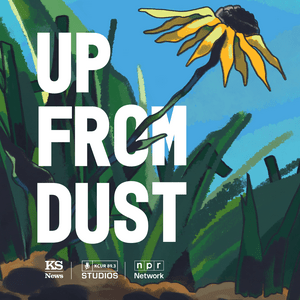As we embark on our third year of Up From Dust, we discuss why we started an environmental podcast in the Midwest — and what we’ve learned along the way. In 2026, stay tuned for stories about farmers, astronomers, turtles, bats and more. We’ll overcome fears and rethink how we grow food and build our cities. And we’ll meet the people in the Heartland who tackle the challenge of climate change with determination and resolve. Thanks for coming along with us.


